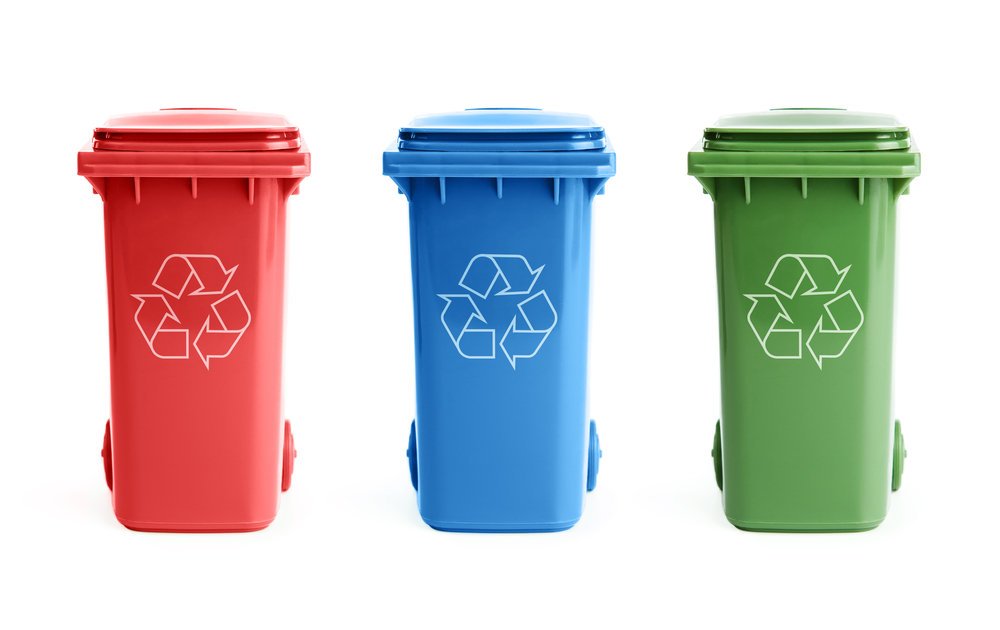We all hold these plastic wonders. Some wave their hands to the Sun while sipping coconut water in evening, some sway sipping their mojito-glasses in pubs on Saturday nights and the rest charismatic Monday-morning freaks grab a good frappe because, hey, Instagram is all about my-life-is-better-than-yours. But what stays frozen is our ignorance about the little things we use excessively – the ones that are behind yelps of street animals and, most importantly, silent woes of our Mother Earth.
This ignorance factor of ours is encouraged greatly by the modern-age go-to beverages or coffee stores.
Starbucks holds the first position of having the largest number of stores worldwide within the coffee-chain industry. In fact, Starbucks widened its establishments by around two thousand during 2017, totaling 27,339 stores by the end of the year. In all probability, every 10th person pays a regular visit to it. That’s why the idea of banishing straws and plastic bags at such stores counts a lot.
Not just a harmless straw – the plastic one
In the recent past, plastic straws have emerged as a major constituent that has contributed to the degradation of our environment in small doses, and to which nobody really paid attention. But now is the time when we all want to sweat the small stuff.
In the United States, over 500,000,000 plastic straws are used each day, by some estimates.
It now seems as a trend which doesn’t seem to have an end, so much so that, people have come to expect plastic straws in every drink. Here is an example of extreme waste being generated for minimal convenience. This short-lived tool is mostly dropped into a garbage bin with no further thought – a big source of plastic pollution. There are not a large number of companies yet which use reusable straws. Fortunately, in the recent past, data showing number of manufacturers who have begun using reusable straws is escalating. But then, as a responsible citizen, there’s no sense getting a reusable straw, if you throw it out. That’s a bummer for our earth and for your wallet.

Encouraging the use of these re-usable straws or straws made up of disposable plastic does justice to the environment, but using these straws is extremely harmful for human bodies. It gets even worse when straws have been kept in extreme cold or hot drinks.
‘Why the need for banning the use of plastic straws is steaming?’ is a question that has started lingering in our heads now!
Plastic, being non-biodegradable, takes up to 200 years to degrade, but still won’t be fully off. Talking more technically, plastic CANNOT be biodegraded as that is a natural process in which an item can be naturally broken down and digested by micro-organisms, and then naturally recycled. The appropriate term is degrading, the process of breaking down of substances into smaller pieces. When plastic degrades, the bulk of the plastic will seem to disappear, but this disappearance can be on the superficial level. What really happens is, that the plastic is breaking into smaller, invisible pieces that will always still be on Earth.
To sprinkle more salt on the wound here, plastic releases chemicals that are toxic to wildlife and the environment.
Glass half empty?
Having a visceral look at this issue will hint that banning of straws is not practical. Therefore, looking for a better replacement for these plastic straws is more important.
High-quality paper straws have, for instance, recently, flourished in the markets as they are very attractive and used exclusively in craft projects. Now is the time to make people realise about the actual use of straws and utilise it for more purposes. One of the major benefits of using this alternative is that it is biodegradable and can also for washed and reused at least three to five times.

Another alternative can be bamboo-straws which are more natural and convenient in many places where their production is not a problem.
The keyword here is ‘high-quality’. That word can turn a bit pocket-pinching in the long-run and because of that, new permanent stainless-steel straws also came up in the market. The concept of stainless-steel straws is, although, limited to individuals; but it is a one-time investment.
New startup businesses can gather inspiration from the same and can introduce monthly utensil packages which might include stainless-steel straws, coffee cups, carry-on plates, hold-it accessories etc. This will usher more innovation and create more traction in this new field.
Avoiding or preferably banning plastic straws will be a boon for the environment and, in turn, for us as we don’t want the earth to be surrounded with small bits of plastic in the upcoming year. Again.
We want it to be full of good coffee. One that wakes us up. To a better morning!
By Hridaya Khatri











Recent Comments